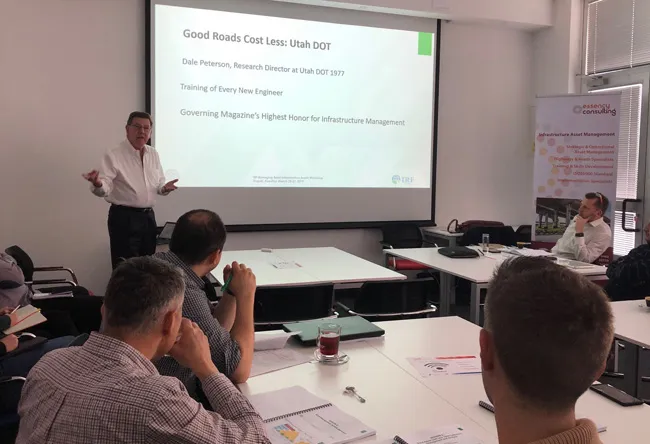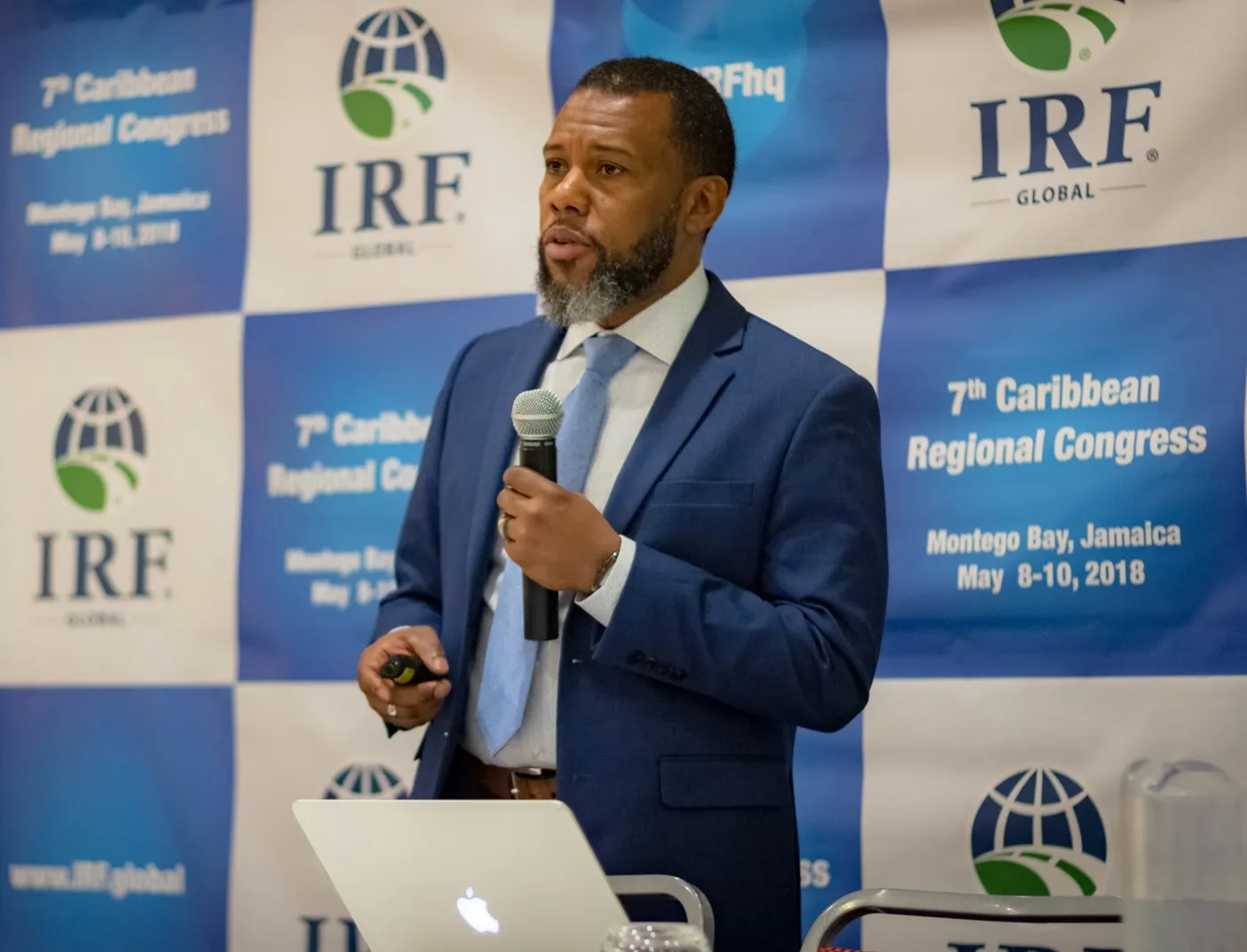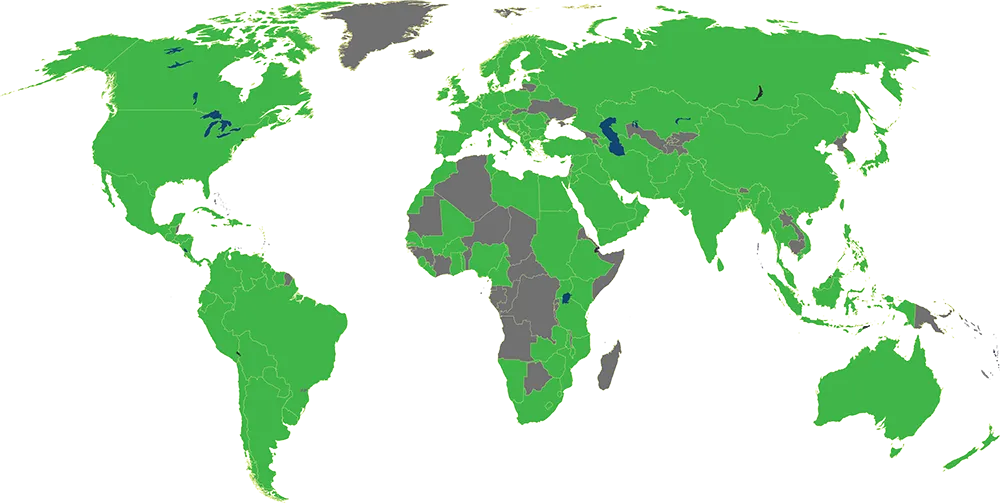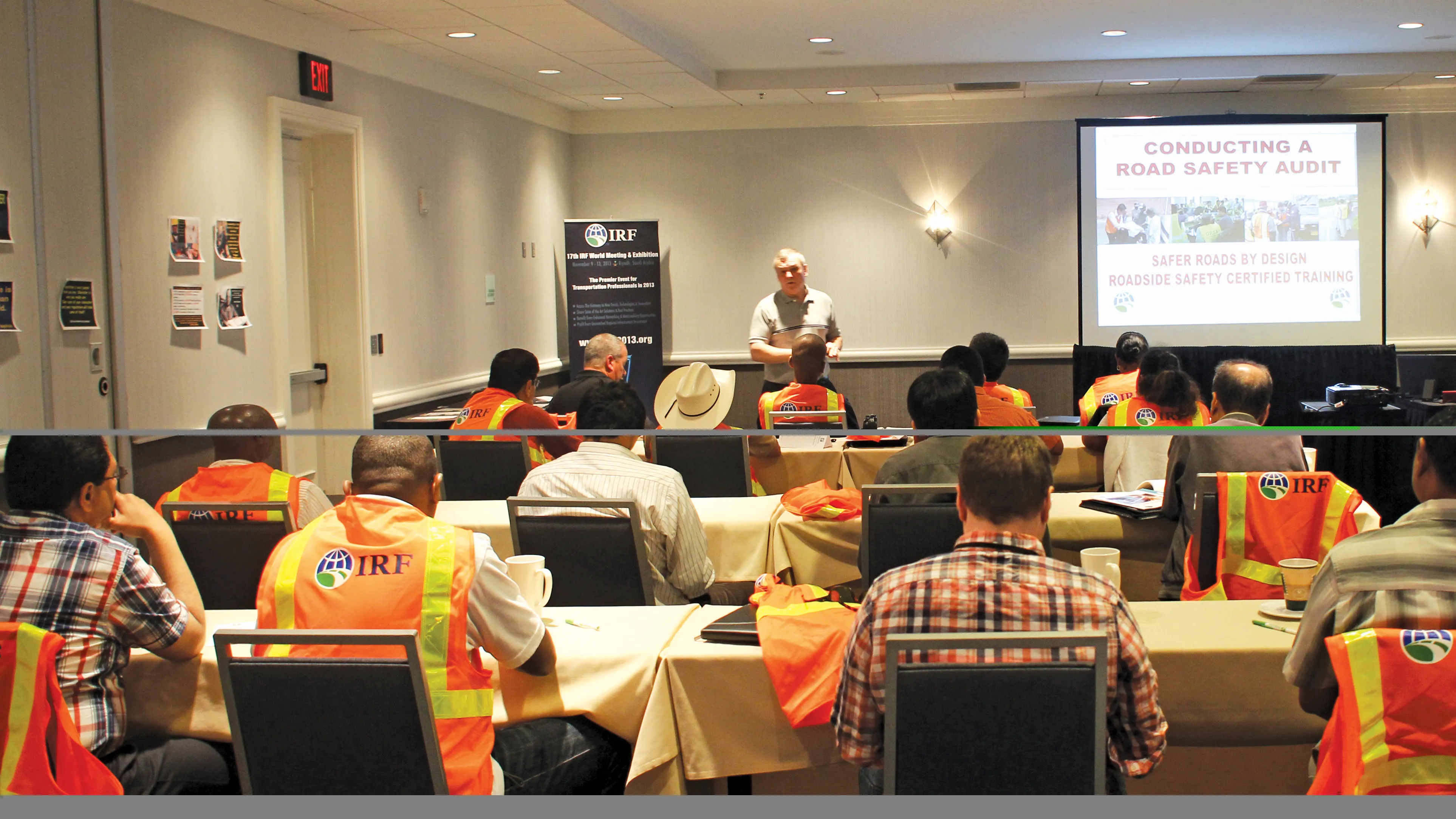
Close to 300 delegates, including representatives from key Bulgarian road agencies, took part in the 2nd Road Safety & Innovation Forum on May 15th at the joint invitation of the International Road Federation, EuroRAP and the Bulgarian Branch Association for Road Safety.
“We had designed this event with the idea that countries such as Bulgaria, currently lagging behind in meeting their traffic injury reduction targets, could seize technological enablers that may not have been available even five years ago to propel their safety programs,” noted IRF president & CEO C Patrick Sankey. “But the Forum also marks an important new milestone in our regional assistance and cooperation strategy with the Balkan economies."
After many years spent on the geographic periphery and overlooked by policymakers and planners, the Western Balkans are now firmly connected to the rest of Europe’s transport system. In recent years, the region has been characterised by a surge in new road projects, straining the capacity of public agencies to render effective decisions that combine short term project delivery goals and long-term network asset management strategies. Nor do road agencies always capture opportunities to combine large-scale civil engineering projects with local talent development programs.
March 2019 saw the formal opening of a regional IRF Training Institute hosted by the University of Zagreb’s Faculty of Transport & Traffic Studies and the delivery of an inaugural training workshop on road infrastructure asset management described by several participants as “one of the best professional courses they had ever attended”. A second regional training workshop on Black Spot & Network Safety Management is scheduled to be delivered in July 2019.
2019 will close with the organisation of a new regional connectivity forum in Podgorica, Montenegro. Montenegro is at a turning point in the development of its transport connectivity programs with neighbouring economies and export markets. With the planned opening of key sections of the Bar-Boljare Highway in 2019, the country’s political leadership has an important opportunity to reflect on recent achievements and develop a long-term roadmap for sustainable road and multimodal infrastructure investments. Against this backdrop, the Forum jointly organised by the IRF and the Ministry of Transport & Maritime Affairs will pursue the objective of leveraging international best practices to ensure transport investments continue to support regional connectivity and economic development objectives.









